MSP billing can be complicated. Whether you are a new doctor or have years of experience, you may be struggling with understanding your billing and rejections. In this blog post, we go back to basics and provide a guide on how to bill MSP billing codes correctly to make sure you are getting paid for the care you are providing.
In-office Services
In-office services are provided face-to-face with a patient. The majority of family practice in-office services fall under three categories:
- Office Visits (Partial Examination)
- Counselling
- Complete Physical Examinations
The fee value for these services depends on the age of the patient.
Telehealth Services
A telehealth service is a service provided by a medical practitioner to a patient using video technology or telephone.
Telehealth services fall under two categories:
- Visits
- Counselling
Like in-office services, the fee value also depends on the age of the patient.
In response to the COVID-19 pandemic, MSP has expanded the definition of a telehealth service to include telephone visits. You must use your professional judgment as to whether using video or phone is clinically appropriate. Telehealth may not be delegated to a nurse and billed to MSP.
For more details around billing for the most common visits, read our blog post MSP Billing: A Guide to the Most Common Visits.
Multiple Services and Procedures
There are situations where a visit becomes more than just a visit. You can bill for more than just an office visit if:
- A procedure unrelated to the presenting complaint is provided at the same visit.
- An office lab test is provided.
- An unrelated service is provided when the primary visit is billable to an ICBC or WorkSafeBC.
- Uninsured services is provided in addition to the visit.
Visit & Procedure
To bill a visit with a procedure, bill the highest service fee at 100% and the lower value at 50%. This applies to all procedures completed with a visit – it does not matter which service was the priority or what service occupied the most time.
Tray Fees
The following three tray fees can be billed along with most procedures and are procedure specific.
| Fee Code | Description | Value |
| 00044 | Mini tray fee This tray fee is applicable only to fee items 00190 (cryotherapy), 00217, 00744 and 14560 (PAP). | $5.25 |
| 00080 | Minor tray fee The use of sterile tray suitable for cautery, cryotherapy, dilation or similar procedure. | $10.51 |
| 00090 | Major tray fee The use of sterile instrument tray requiring local anesthetic and/or suture material or similar supplies, or plaster case material, and endoscopy requiring sterile instrumentation. | $31.53 |
Pap smears are considered procedures. Tray fees are billable with the use of any type of speculum (plastic or metal).
Here are some examples of family practice procedures that have a tray fee attached to them.
| Fee Code | Description | Associated Tray Fee |
| 14560 | Pap and pelvic | 00044 |
| 14540 | IUD insertion | 00090 |
| 14541 | IUD removal | No tray fee |
| 00190 | Forms of treatment other than excision such as cryotherapy, electrosurgery (cosmetic treatment is billed to patient) | 00044 |
| 00785 | Endometrial Biopsy | 00090 |
Types of Multiple Visits
Duplicate Services
Duplicate Services are when you provide services to a patient on the same day at the same location. For example, a patient comes in the morning with a headache, and they come back later in the day because their pain has worsened.
To bill this visit, you would need to:
- Use submission code “D” if it is the same fee code
- If different time, indicate the time in your note record
- If same time (ex. two lacerations), submit as a single claim, record the duplicate in the patient note record and chart
Multiple Visits
Multiple visits are when you provide services to a patient on the same day, at a different time and different location. For example, when a patient comes to visit the office first but then gets transferred to the ER.
To bill this visit, you would need to:
- Use correct location codes
- Indicate the time and document an explanation in the note record
Multiple Services
Multiple services are when you provide services to a patient on the same day, at the same time and different services. For example, a patient comes for a visit and procedure, or they have two different procedures.
To bill this visit, you would need to:
- Bill the higher value service at 100% and lower value at 50%
- One tray fee only (highest value) is billable regardless of multiple procedures (tray fee always billed at 100% even if procedure billed at 50%)
Pediatric Vaccines
Publicly funded immunization for patients 18 and under are billable in addition to visit fees. It is important to note that you can bill a visit each time for patients 18 and under.
| Fee code | Description | Value |
| 10010 | Tdap-IPV or DTaP-IPV (Diphtheria, Tetanus, Pertussis, Polio) | $5.45 |
| 10011 | DTap-IPV-Hib (Diphtheria, Tetanus, Pertussis, Polio, Hib) | $5.45 |
| 10012 | Td (Tetanus, Diphtheria) | $5.45 |
| 10013 | Td/IPV (Tetanus, Diptheria, Polio) | $5.45 |
| 10014 | Tdap (Tetanus, Diptheria, Petussis) | $5.45 |
Office Visit + Office Lab Test
When an office lab test is performed in addition to the visit, you can bill both the visit and the lab test at 100%.
Here is the list of some of the most common lab tests performed in-office that are billable in addition to a visit:
- 15100 Semi-quantitative blood glucose by Glucometer
- 15110 Stool Occult blood
- 15120 Urine Pregnancy test
- 15130 Urine dip
- 15039 Point of Care (POC) testing for opioid agonist treatment
- 15040 Point of Care (POC) testing for amphetamines, benzodiazepines, buprenorphine/naloxone, cocaine metabolites, methadone metabolites, opioids, and oxycodone (not for patients in opioid agonist treatment)
- 00117 Interpretation of ECG by non-internist
Office Visit + Unrelated Services
Insurer: ICBC
If a patient asks about an unrelated medical condition during an ICBC visit, you can bill the MSP fee code 13075. Both the ICBC and the MSP visit billings are to be submitted as usual through Teleplan, with the appropriate insurer identified for each service.
| Fee code | Description | Value |
| 13075 | In office assessment of unrelated condition(s) at time of ICBC service | $16.49 |
To bill for this visit, you would need to:
- Select the correct insurer
- Bill 00100 to ICBC for complaints due to the MVA
- Bill 13075 to MSP for the unrelated complaint (rash etc.)
Another Insurer: WorkSafe BC
When a patient mentions an unrelated condition during a WorkSafeBC visit, you can bill MSP the fee code 13070 for the office visit. Both the WorkSafeBC and MSP visit billings can be submitted as usual through Teleplan, with the appropriate insurer identified for each service.
| Fee code | Description | Value |
| 13070 | In office assessment of unrelated conditions at time of WorkSafeBC service | $16.49 |
To bill for this visit, you would need to:
- Select the correct insurer
- Bill the 00100 to WorkSafeBC
- Bill 13070 to MSP for the unrelated condition
COVID-19 and respiratory related codes
As a result of the COVID-19 pandemic, there have been several changes made to the MSP billing codes relating to COVID-19 and Telehealth. For more information on how to bill for these codes, visit our blog post on Understanding MSP Billing Codes for COVID-19, Virtual Care and Telehealth.
Have questions about MSP billing? We can help!



